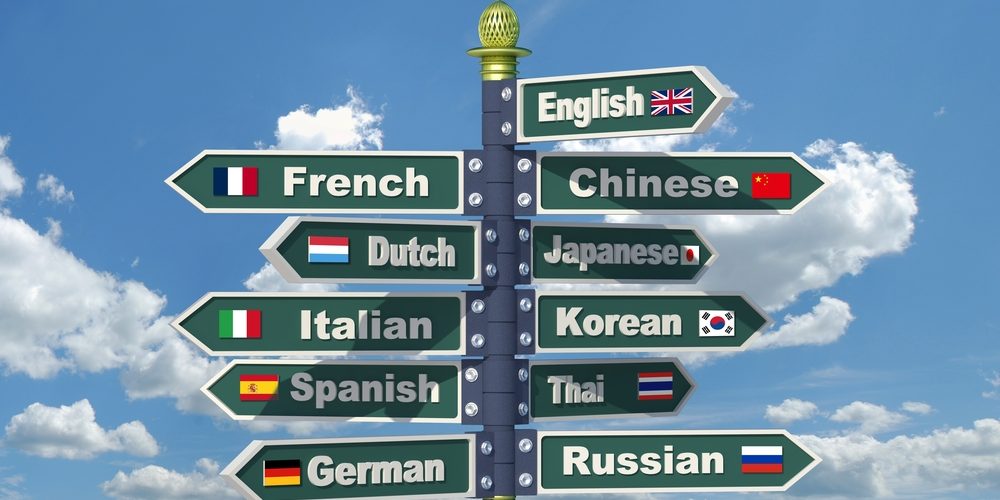Public parks are an invaluable resource for many communities spanning across the United States. Many people frequent parks in order to escape the confines of daily life and to clear their head in a serene and natural environment. Whether you’re at the park to enjoy time with friends and family, to exercise or to let your children play, it’s important you are able to read and understand the informative signage displayed throughout the park.
In 2013, 61.6 million people living in the United States, US and foreign born, spoke languages other than English at home. In 2015, that increased to 64.7 million people. Most of these individuals spoke English as well, however at least 25.1 million were considered to have a limited English proficiency (LEP). LEP refers to individuals who struggle or simply can not read, write or speak the English language. The United States is a rapidly growing melting pot of cultures, languages and diversity; when language accommodations are made, it ensures everyone has equal access to information in public places. Partnering with a professional language service company (LSC) allows you access to translation services that will transcend linguistic boundaries and allow everyone to enjoy the amenities public parks provide.
Signage That Would Benefit From Undergoing the Process of Translation:
- Welcome Signs
- Parking Signage
- Hours of Operation
- Playground Rules and Regulations
- Map of Park
- Animal Danger or Warning Signs
- Safety Instructions
- Wayfinding Signs (Basketball Courts, Playground, Dog Park…)
- Dog Park Rules and Regulations
- Trash and Recycling Information
- Do Not Litter Signs
- Wheelchair Access
Partnering With a Professional Language Service Company:
The informative signage displayed throughout public parks instructs individuals regarding safety rules and regulations, possible dangers they may encounter and it helps people navigate throughout the parks vicinity. If this information is not provided in a language people can understand, there is a greater risk of getting lost or even injured on public property. Taking the initiative to have informative signs translated into the languages that are most prevalent in the community the park is located in can drastically reduce the risks associated with language barriers. Having informative signage that is displayed throughout public parks translated into Braille as well as the top three languages most commonly found in that particular community would be highly beneficial to the LEP individuals who visit that park and reduce the possible negative outcomes associated with language barriers.
If you’re interested in learning more or taking the steps to help reduce language barriers in your community, please contact Niki’s Int’l Ltd., a language service company with over 20 years of experience bridging language gaps and ensuring precision, understanding and accuracy in every translation project.
Niki’s Int’l Ltd. is a WBENC-Certified Women Business Enterprise with 20 years of language service experience. A global network of highly skilled interpreters and translators are available 24 hours a day, 7 days a week for on-site, telephonic and video remote interpretation services. Our linguists are available in over 350 languages and dialects, and our network includes certified interpreters and translators. Our work is guaranteed with a $1 Million Errors & Omissions policy, so that you can be confident that your project will be completed with the highest level of quality and professionalism within the field. For more information contact us at 1-877-567-8449 or visit our website at www.nilservices.com.


